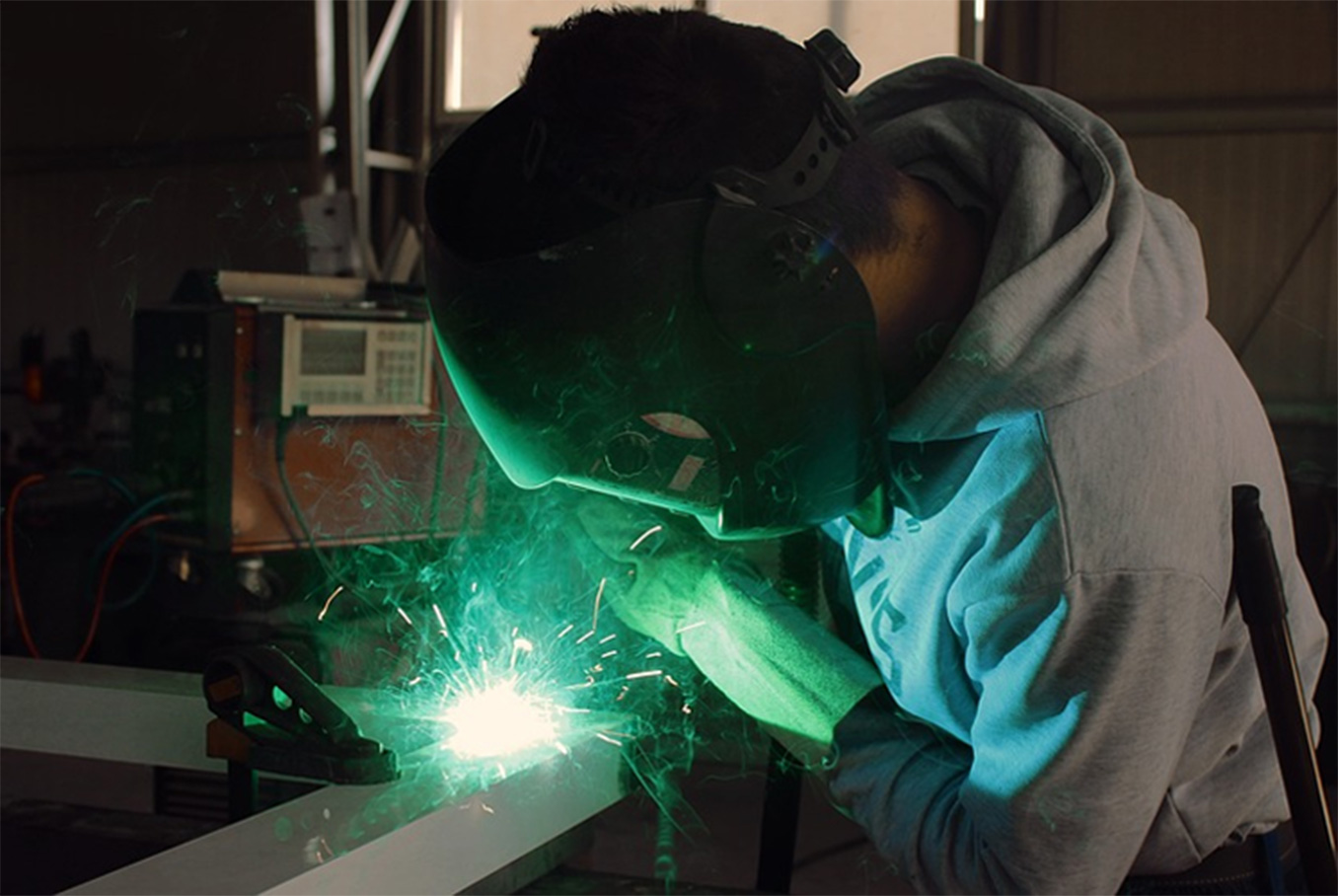
Engineering jobs are usually considered very mathematical and theoretical, and often they can be. However, there are some engineering jobs which are a lot more practical – take Assembly Engineers for example.
In this guide we break down exactly what an Assembly Engineer is, and the kinds of work available in this area of engineering. We’ll also cover the kind of skills and experience you might need, so you can decide if it’s the field you want to go into.
For more information about Assembly Engineering, get in touch with an expert BMR Solutions consultant today.
What is Assembly Engineering?
Assembly Engineers are the people responsible for building and assembling specialist products and equipment – such as cars, gadgets, pharmaceuticals and machinery. Working from technical drawings and instructions, they use their expert engineering knowledge, as well as strong practical skills, to ensure everything fits together and works correctly.
Some common industries that Assembly Engineers work in include aerospace, automotive, electronics, food and drink, information technology, pharmaceuticals and ship building.
A Day in the Life of an Assembly Engineer
Depending on whether they are the Assembly Engineer fitting the latest Mercedes prototype, or if they’re overseeing the building of highly specialised pharmaceutical machinery, the exact job description of an Assembly Engineer will vary. However, there is usually crossover in the kind of responsibilities given to an Assembly Engineer across all industries.
Some typical responsibilities might include:
- Using technical drawings or instructions to assemble components of a machine or product
- Using specialist electro-mechanical tools to fit together parts
- Operating complex machinery to assist in the assembly process
- Quality checking all components before and during fitting
- Testing and reviewing products during and after assembly, to ensure everything is working correctly and conforms to all regulations
- Undertaking regular reviews of building processes, to help make sure they are as time and cost effective as possible
Education & Work Experience Requirements
As with many specialist engineering jobs, you will usually need an engineering degree or equivalent qualifications to get a job as an Assembly Engineer. Mechanical Engineering is usually preferred but not essential. Practical experience working in a factory or in a less skilled manufacturing role will also be highly beneficial, and might provide opportunity to progress quicker, in conjunction with a degree.
In addition, you will need to understand and demonstrate passion for the specific industry you are hoping to enter, be that automotive, electronics or pharmaceuticals.
Assembly Engineer Skillset
High Attention to Detail
Assembly Engineers often work in minute detail, fitting hundreds of tiny parts and carefully reading detailed instructions or drawings. For that reason, you’ll need a high level of attention to detail to ensure nothing is missed.
Independent Thinker
You will need to take ownership of projects and processes and be willing to tackle them independently, so confidence in your ability to work methodically and strategically is very important. You should also always be on the lookout for ways to improve processes, so open mindedness is key.
Strong IT Skills
Every Assembly Engineering role will require a basic level of IT skills, as you will be operating computer software and machinery to assist in build processes. Often these machines can be very complex, so being able to get your head around new software and pick it up quickly will be very useful.
Practical Nature
As one of the most practical engineering jobs out there, Assembly Engineers are involved in the specifics of using machinery to actually build things. That means you’ll need to be willing to roll up your sleeves and pick up tools and machinery to get the job done.
Assembly Engineer Salary
Starting salaries for Assembly Engineers are usually toward the lower end of the spectrum offered to engineering graduates, at about £25,000 to £30,000 per year. However, this can vary considerably depending on the industry, with some paying much more. Once you have some experience under your belt and begin to specialise in certain areas of Assembly Engineering, then salaries can increase drastically.
Land Your Dream Assembly Engineer Role with BMR Solutions
If you want to find out more about becoming an Assembly Engineer, or are looking to take on a new engineering role, get in touch with the BMR Solutions team.
Our commitment to working collaboratively with both clients and candidates means we are ideally placed to help you get the right job for you. We are a specialist South-West recruitment agency and have successful placed a huge variety of candidates within the mechanical, electrical, manufacturing and engineering industries.




